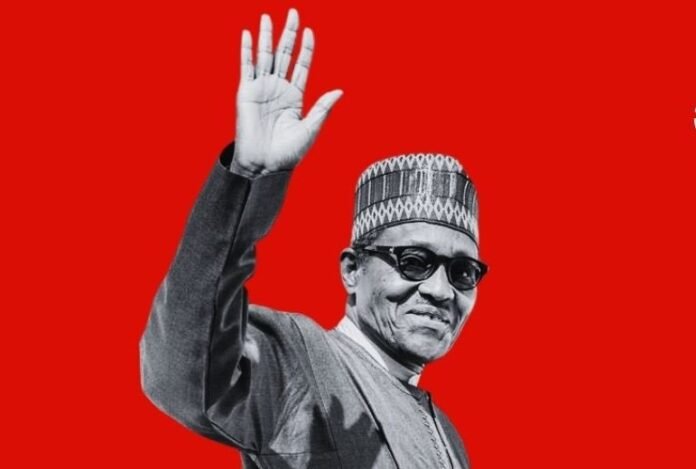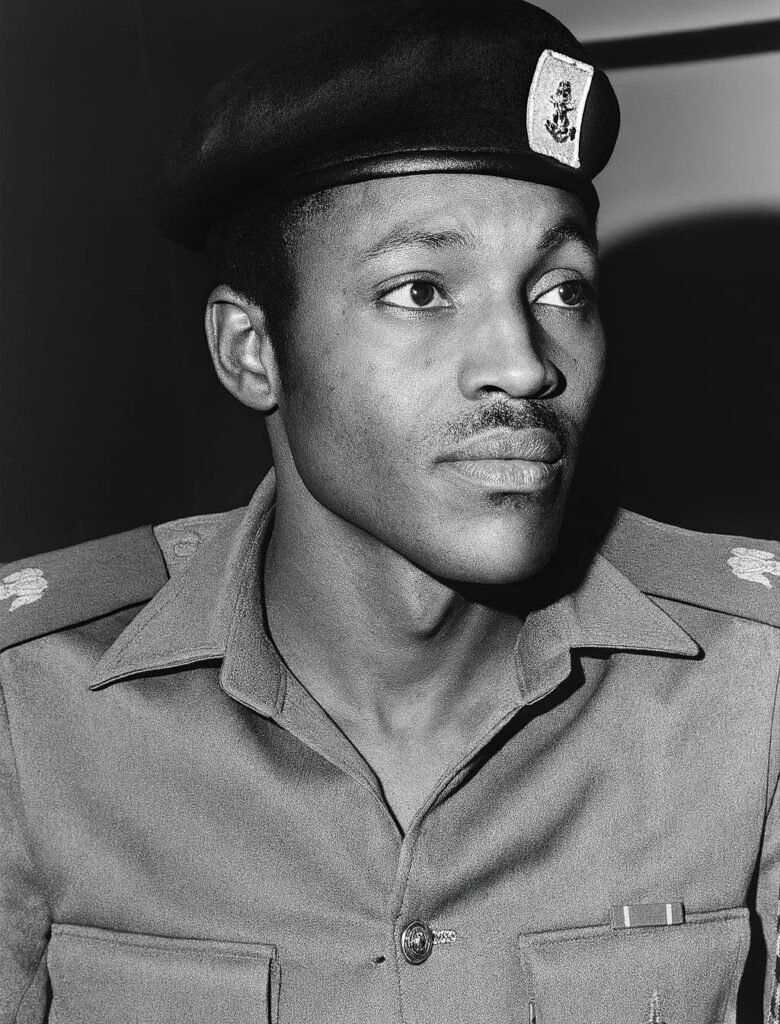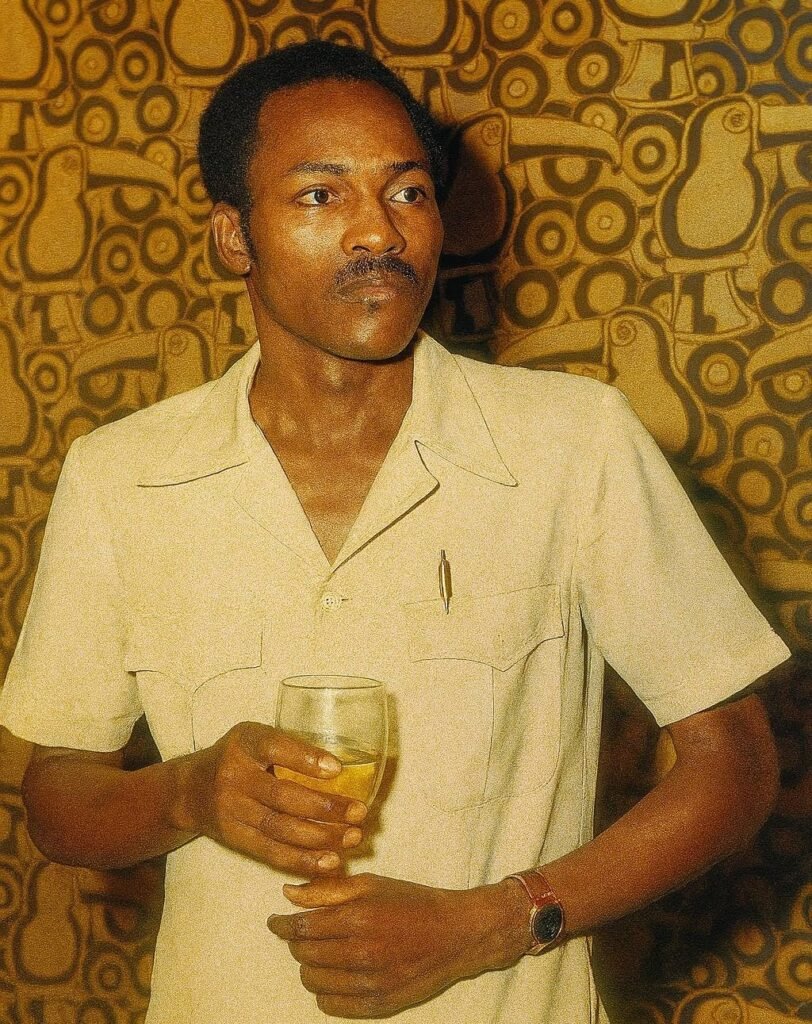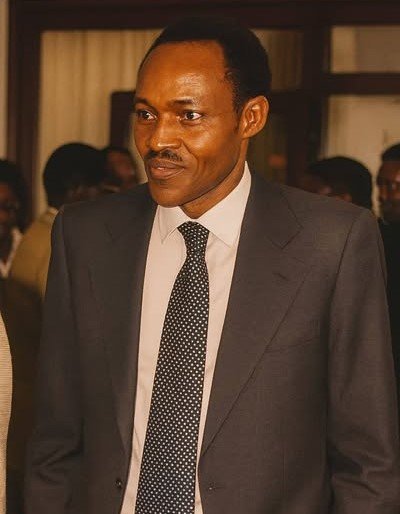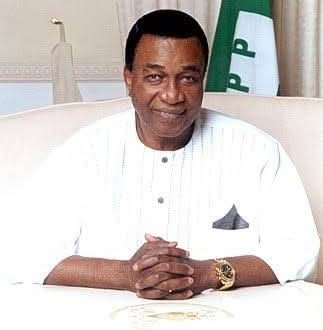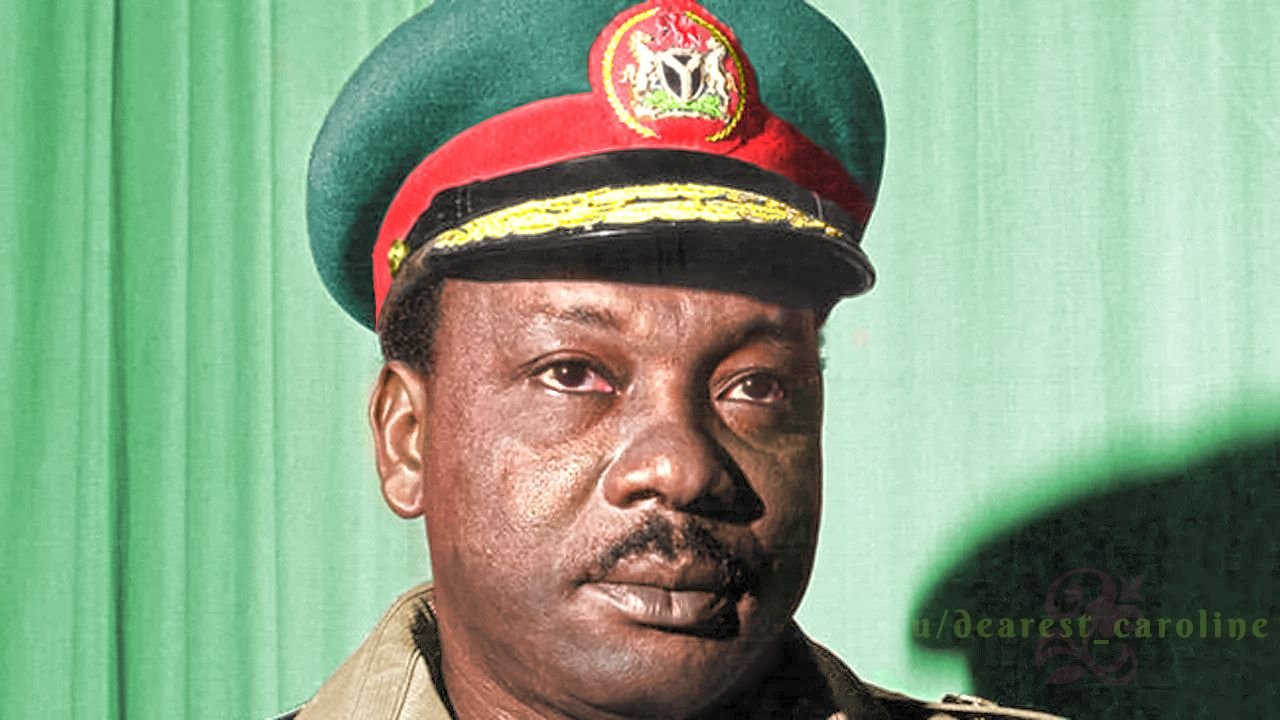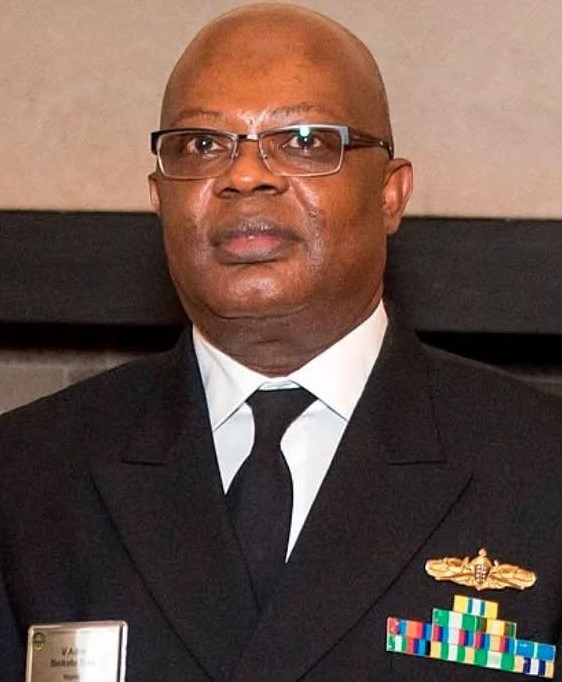Born on December 17, 1942, in the dusty town of Daura, Katsina State, Muhammadu Buhari began life with little fanfare.
He was the 23rd child of his father, Mallam Hardo Adamu, and was raised under the disciplined watch of his Fulani-Muslim heritage.
From an early age, he showed signs of restraint, discipline, and a deep-rooted belief in duty.
He started his education in Katsina and later enrolled in the Katsina Provincial Secondary School, where he displayed a sharp intellect and remarkable resolve.
Early Military Life and Rise through the Ranks
In 1961, Buhari joined the Nigerian Military Training College, Kaduna. He was just 19. The following year, he trained at Mons Officer Cadet School in Aldershot, UK, and later in India and the United States.
He served with valour during the Nigerian Civil War. By the mid-1970s, he had held several top command positions, including Governor of the North-Eastern State and Federal Commissioner for Petroleum and Natural Resources under General Olusegun Obasanjo.
As petroleum commissioner, he helped establish the Nigerian National Petroleum Corporation (NNPC), showing an early knack for centralising oversight.
1983 Coup and Military Head of State
On December 31, 1983, Buhari led a bloodless coup that ousted President Shehu Shagari. He accused the civilian government of massive corruption and economic mismanagement.
At 41, he became Head of State.
He introduced strict measures under the War Against Indiscipline (WAI). Nigerians were made to queue in public, arrive at work early, and obey traffic rules with military precision. Lateness became an offence. Smugglers were publicly executed. The press was muzzled.
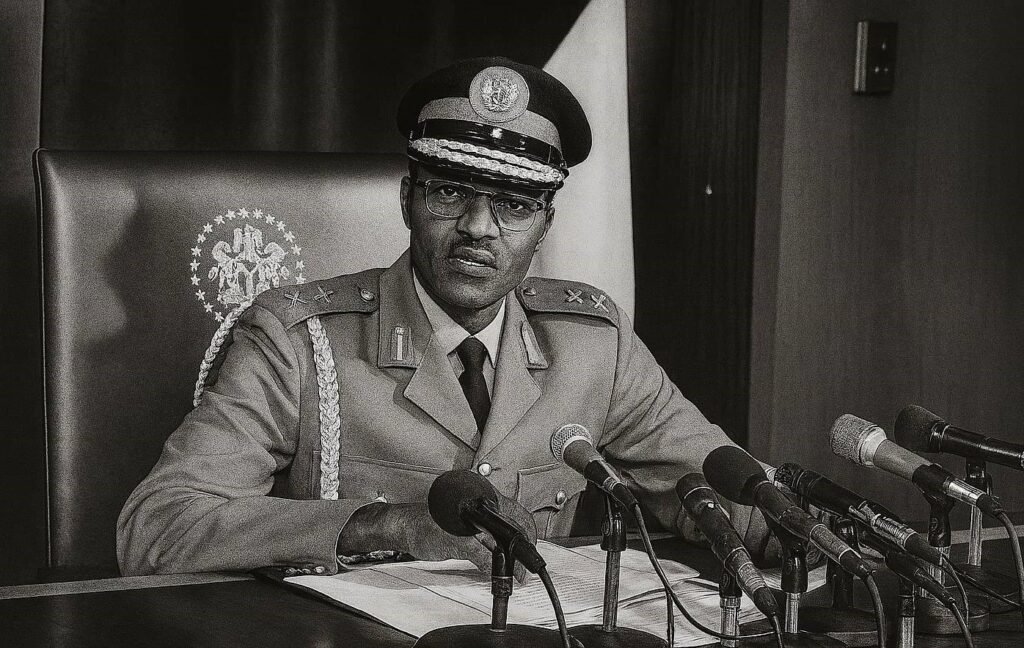
“This generation of Nigerians and indeed future generations have no other country but Nigeria. We must remain here and salvage it together,” he famously declared.
But his tough stance came with pushback.
By August 1985, General Ibrahim Babangida overthrew him. Buhari was detained for nearly three years without trial. Yet, even in confinement, he remained quiet, austere, and firm in belief.
Return to Civilian Life and Democratic Struggles
Buhari vanished from public life. But he returned in 2003, contesting the presidency under the All Nigeria Peoples Party (ANPP). He lost to President Obasanjo.
In 2007, he tried again — this time against Umaru Musa Yar’Adua — and lost.
In 2011, he ran on the platform of the Congress for Progressive Change (CPC). Another defeat.
Many advised him to quit politics. But he didn’t.
2015: The Long-Awaited Victory
In 2013, Buhari joined forces with Bola Tinubu and other opposition leaders to form the All Progressives Congress (APC). Together, they built a coalition strong enough to challenge the PDP’s long dominance.
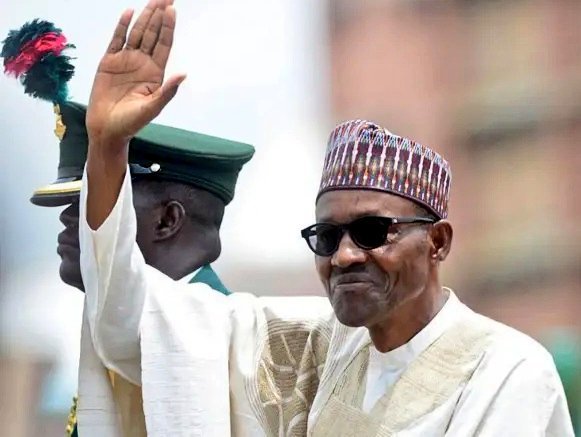
In March 2015, Buhari defeated incumbent President Goodluck Jonathan — the first time a Nigerian opposition candidate won a presidential election. But the election was no without controversy.
At 72, he was elected as a civilian president, 30 years after his military rule.
“I belong to everybody, and I belong to nobody,” he said during his inauguration.
First Term (2015–2019): The General Returns
He promised to tackle corruption, insecurity, and revive the economy.
His administration brought renewed energy to the EFCC. High-profile prosecutions began. Looted funds were recovered. Boko Haram lost major territories.
But the economy dipped. Nigeria fell into recession in 2016. Inflation and unemployment rose. Fuel queues returned. Critics said he was slow to act and delegated too much.
He also faced backlash for repeated medical trips abroad.
“If he had relied on Nigerian hospitals, he might have died long ago,” his spokesman Femi Adesina later said.
Second Term (2019–2023): A Nation Divided
Re-elected in 2019, Buhari pushed major infrastructure projects. The Second Niger Bridge, the Lagos-Ibadan and Warri-Itakpe rail lines, and new airports were completed.
He also signed the Petroleum Industry Act after decades of delay.
But insecurity spread: farmer-herder clashes, banditry, and kidnappings scarred many states. The EndSARS protests erupted in 2020, demanding police reform. The military’s response to the Lekki Toll Gate protest drew global attention.
Yet Buhari remained calm, restrained, and largely silent — a style some admired and others criticised.
Final Days in Power and Quiet Retirement
On May 29, 2023, Buhari handed over to President Bola Tinubu.
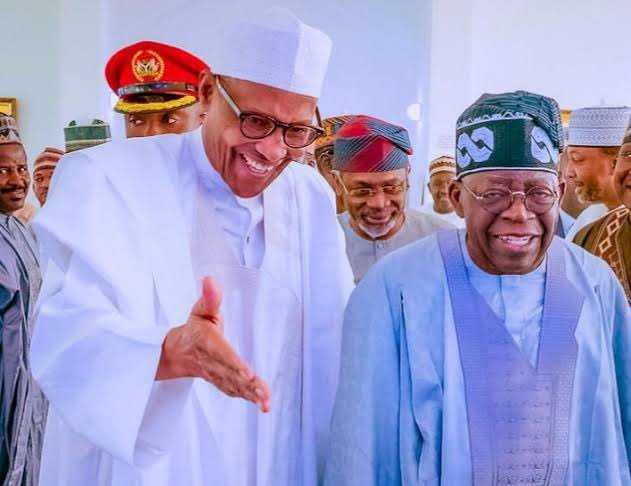
He retired to Daura, rejecting offers of political appointments. “I am tired. I want to rest,” he told close associates.
He stayed away from media and political feuds. For the first time in 40 years, he embraced private life.
July 13, 2025: The Final Call
Buhari died in London after battling a long illness. He was 82.
He had been in and out of the UK for medical attention, even before becoming president. He died surrounded by family.
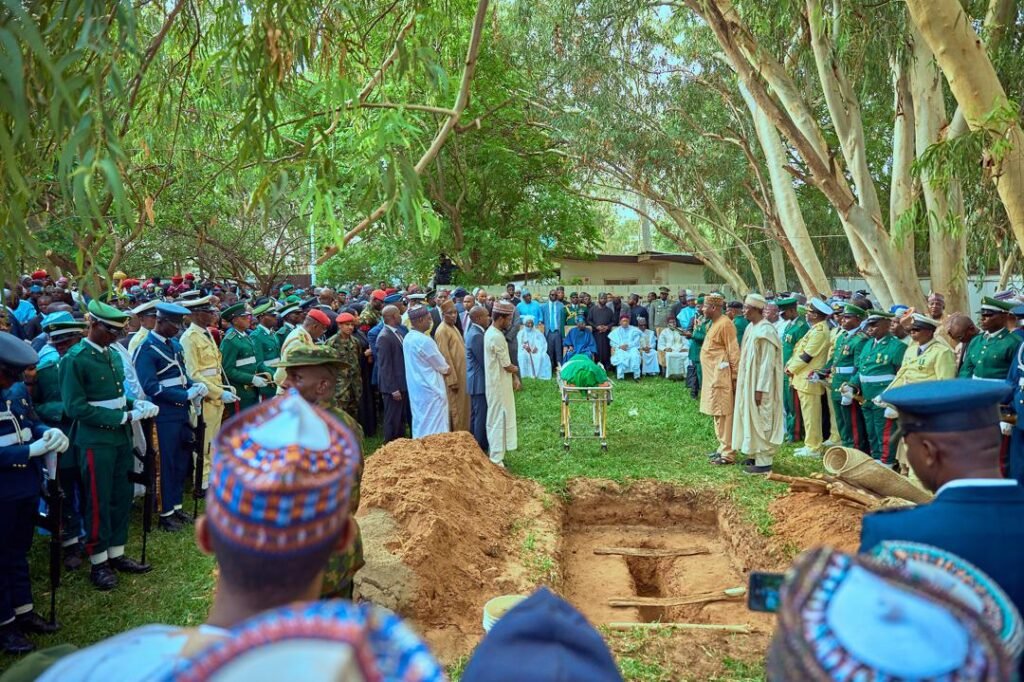
His body was flown back to Nigeria and buried in Daura with full military honours.
A sea of dignitaries — including President Tinubu, ex-presidents, foreign leaders, governors, and religious figures — attended his funeral.
Buhari in the Eyes of the Nation
Catholic Bishop Kukah said: “He was a good man. We should not judge him only by his years in power.”
The Sultan of Sokoto declared: “He came, saw, and conquered.”
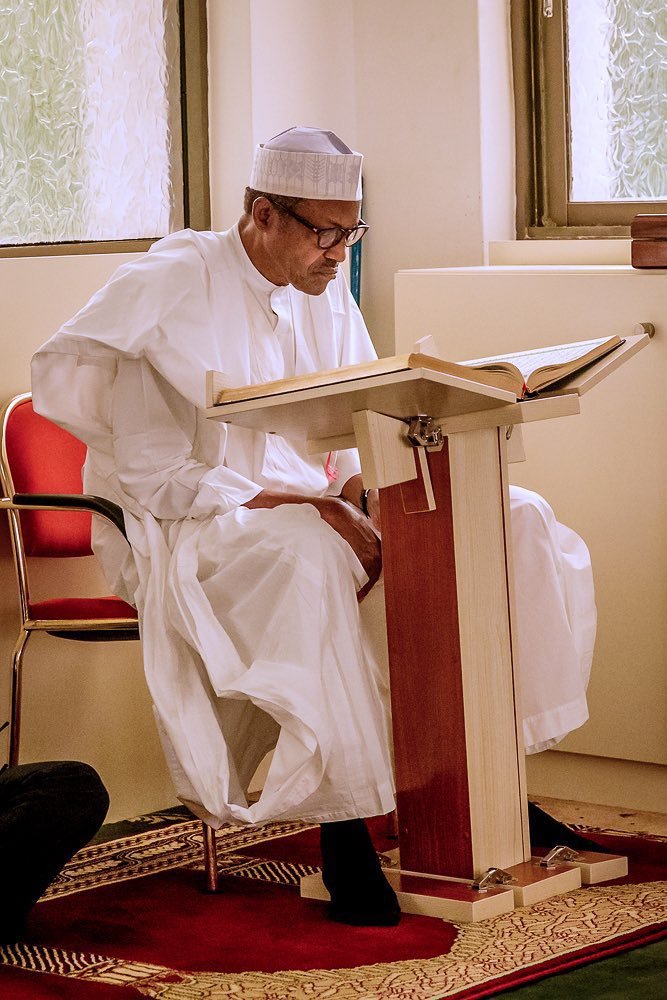
His friend Buba Galadima said: “He trusted too much, and it was his greatest weakness.”
Former SGF Boss Mustapha stated: “He stood firm when it was easier to bend.”
Afe Babalola, who faced him in court in 2003, recalled: “He came early, stayed late, and always shook my hand. He respected the law.”
Legacy: Integrity, Order, and Quiet Power
Buhari left behind a complex legacy.
He didn’t enrich himself. He didn’t dance to the gallery. He didn’t interfere in elections. Even his political enemies admit he kept his hands clean.
But he also left a nation more divided than he met it.
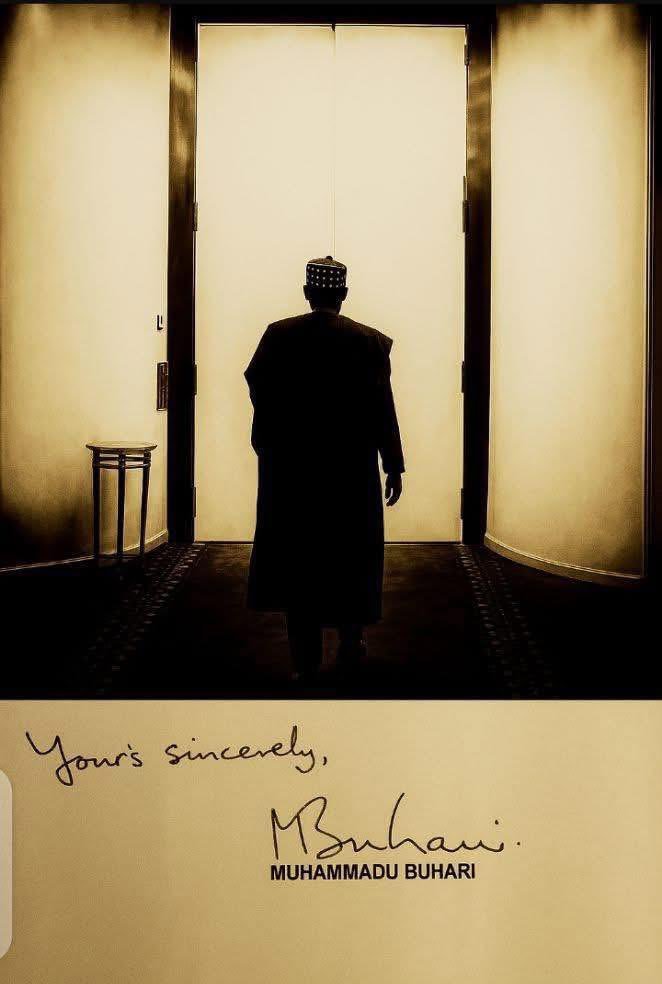
He showed Nigerians what discipline in leadership looked like — and what happens when oversight is left to others.
“President Buhari didn’t seek noise. He believed a nation must be built on values, not vanity,” said Mustapha.
Whether loved or loathed, Muhammadu Buhari was not ordinary.
He walked Nigeria’s corridors of power with silent resolve — and now rests in Daura, the town where it all began.
Rate, Like 👍, Comment💬, share this article, Follow us on our social media handles, and Submit your own story to get featured and earn rewards!



